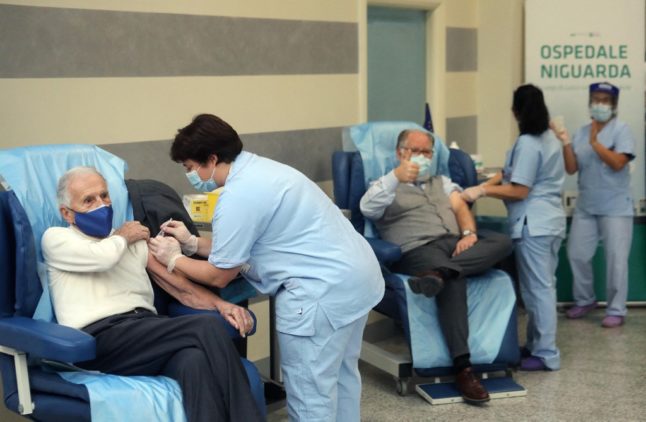The world-famous collections will open their doors to the public from Monday to Saturday, but visitors must pre-book tickets and will be given timed entry slots.
Curators used the closure, sparked by Italian government measures introduced to stem the spread of Covid-19, to carry out maintenance and refurbishment works.
That included careful dusting of 15th-century frescoes in the Sistine Chapel, which normally attracts six million visitors a year.
“The Pope's Museums await you with pleasure!” a statement said.
The news comes amid an easing of coronavirus restrictions, with all but five Italian regions put in the low-risk “yellow” category from Monday.
That allows bars and restaurants to reopen during the day, alongside museums.
READ MORE: 'We're bucking the trend': Italy eases Covid rules despite experts' warnings
Rome's Colosseum and the Forum were also set to reopen on Monday, although museums remain closed on weekends under Italy's coronavirus restrictions.
At the moment, only those already in the Lazio region of southern Italy can visit the site.
Italy currently has a complete ban in place on non-essential travel, including for tourism, between all regions regardless of their colour under the country's tiered system of restrictions.
The entire country also remains subject to a night-time curfew, while bars and restaurants must end table service at 6pm in yellow zones and cannot open at all in Italy's remaining orange zones.



 Please whitelist us to continue reading.
Please whitelist us to continue reading.
Member comments